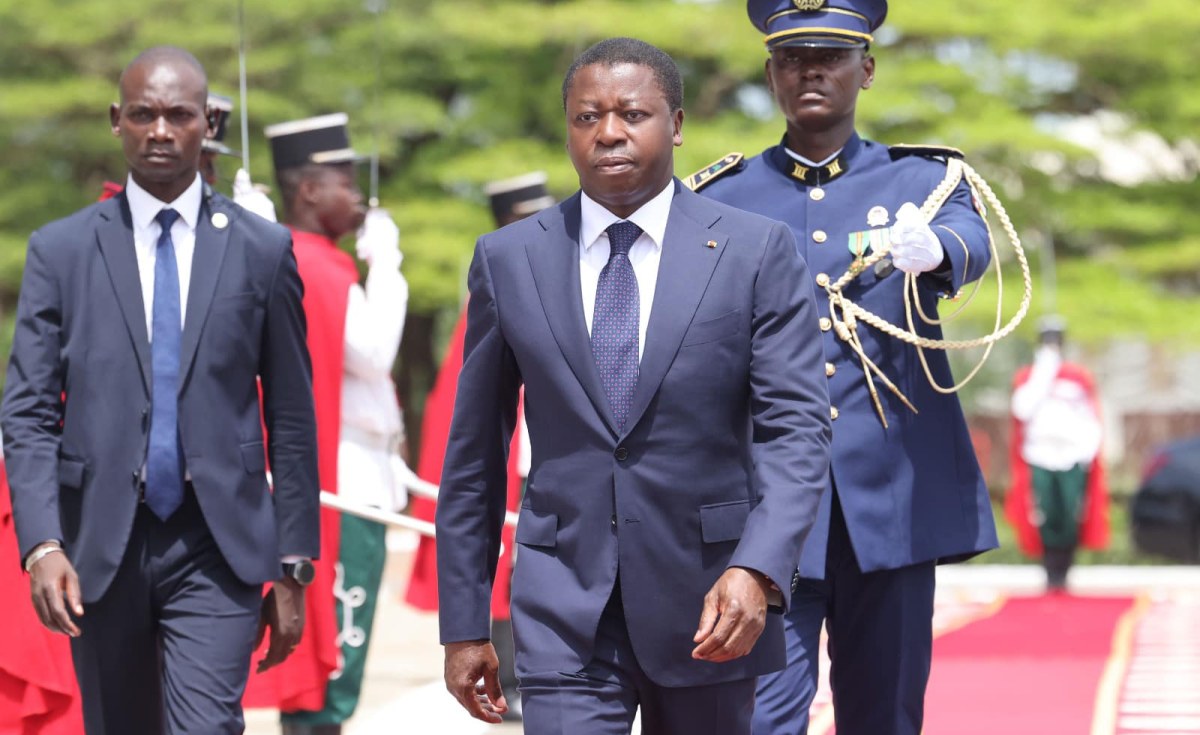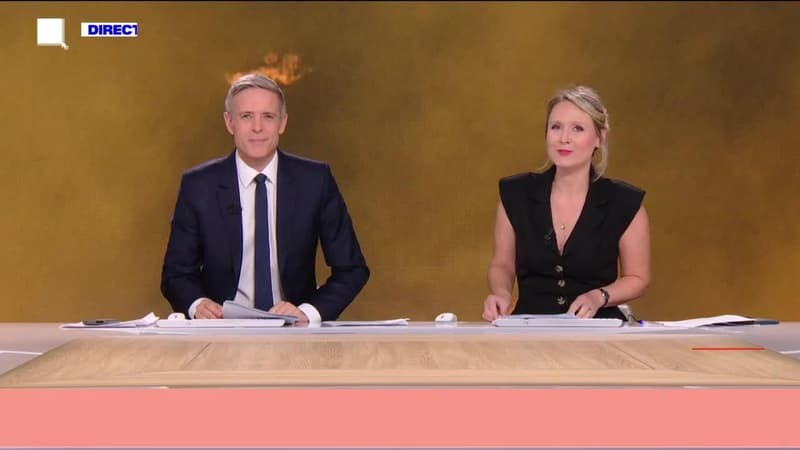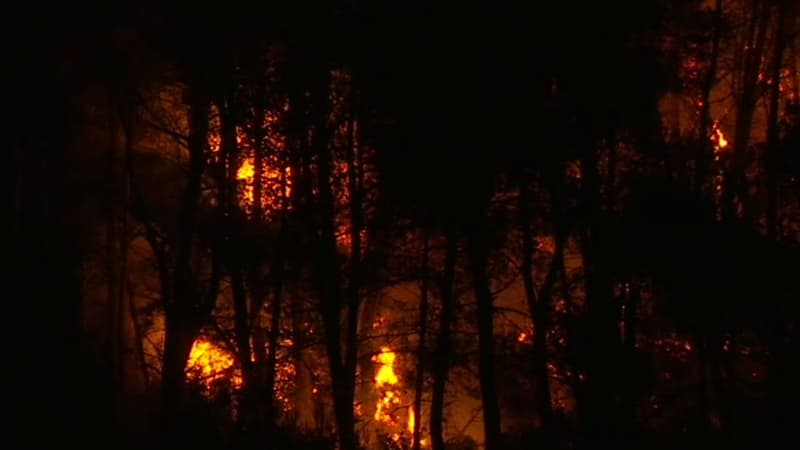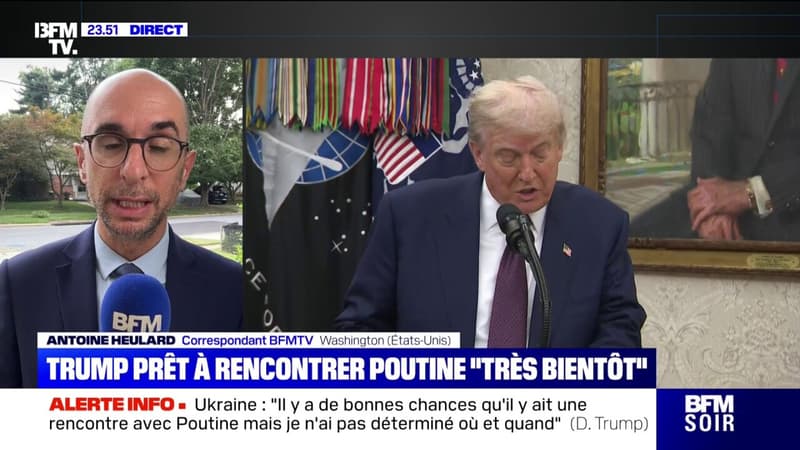By Inés M. Pousadela*
Thanks to his latest constitutional maneuver, Togolese President Faure Gnassingbé can stay in power as long as he wants. To do so, he only needs the international community to keep looking the other way as he continues to repress domestic demands for democracy. He’s already been in charge for 20 years, having inherited the presidency from his father, Gnassingbé Eyadéma, who seized it in a military coup in 1967. The dynasty is now almost 60 years old.
On 25 March, Togo’s National Assembly adopted a new constitution that establishes a parliamentary system, replacing the role of a directly elected president subject to term limits with a powerful prime minister appointed by parliament for six years, extendable as long as they retain majority support. The amendments were passed by a body packed with Gnassingbé supporters and weren’t put to a referendum. They came in an already tense political climate, with parliamentary and regional elections repeatedly postponed while the Assembly debated the constitutional changes.
Civil society and opposition parties saw this as a constitutional coup and took to the streets in protest. The usual heavy-handed response wasn’t long in coming.
Authoritarianism and elections
Togo has held multiparty elections since 1992, but they’ve always been marred by systematic fraud. Opposition parties are allowed to form and operate, but they can’t compete fairly. They’re prevented from campaigning, their protests are met with violence and arrests, and their leaders are criminalised. Many have fled into exile. Genuine opposition parties have no parliamentary presence.
If democracy is a system in which governments can lose elections, Togo doesn’t come anywhere close. The Union for the Republic (UNIR) is firmly in control. It uses the security forces to intimidate the opposition and silence dissent, and relies on patronage to buy loyalty and gather votes. It holds regular elections, but the body responsible for organising and overseeing them, the Independent National Electoral Commission, is anything but independent. Half of its members are supposed to be nominated by the opposition, but in 2020 only two of its 19 members weren’t from UNIR. The Constitutional Court, responsible for verifying election results, is packed with Gnassingbé allies. The opposition stands no chance.
In November 2023, the government postponed legislative and regional elections until early 2024. It eventually scheduled them for 13 April, but Gnassingbé then moved them to 20 April before postponing them indefinitely, ostensibly to hold consultations around constitutional change. In response, civil society and opposition parties called for protests to be held from 11 to 13 April, prompting the president to announce a new election date – 29 April – along with a ban on protests. Foreign journalists were banned from covering the voting and requests for independent observation were denied. Unsurprisingly, on 29 April UNIR claimed 108 of 113 seats.
Constitutional rigging
Until recently, Togo had a semi-presidential system, with a powerful president serving up to two consecutive five-year terms as head of state and a prime minister appointed by the president as head of government. Gnassingbé Eyadéma abolished presidential term limits in 2002, and civil society long pressed for their return. In 2019, in his third term, Faure amended the constitution to reinstate it. As always, the process was opaque, lacked consultation and was completely dominated by the ruling party.
The reinstated term limits didn’t apply retroactively, allowing Faure Gnassingbé to have two more terms. He duly got the first in 2020, meaning the one he was sure to get in sham elections scheduled for 2025 would have been his last. This made further changes inevitable.
The new constitution creates a new powerful executive position, the President of the Council of Ministers, to be elected by the National Assembly. This person will come from the party or coalition with the most seats and will effectively act as prime minister, overseeing the day-to-day running of the government. The role can be extended indefinitely as long as the ruling party or coalition retains a majority. The new constitution retains a figurehead president with a four-year, once-renewable mandate – but the most powerful position will no longer have the term limits established in the 2019 constitution. No one will be surprised if Gnassingbé takes on the new role.
A sustained crackdown
Mass protests that erupted in 2017 and 2018 against the constitutional amendments finalised in 2019 were followed by a sustained crackdown. Protests were met with live ammunition, resulting in several killings, along with numerous arrests, protest bans and media and internet restrictions.
Further restrictions on freedoms of expression and peaceful assembly have been introduced since. These include the use of spyware and the criminalisation of journalists, with Loïc Lawson and Anani Sossou among the notable cases. They were arrested in November 2023 and charged with defamation, insulting the honour of a government minister and inciting revolt – all in retaliation for some tweets.
Repression intensified in response to protests against the postponement of elections and the latest constitutional changes. Another journalist was arrested and charged with serious offences in March and the media outlet he worked for was suspended in retaliation. The authorities banned several opposition and civil society meetings and dispersed participants when they attempted to gather.
In February and again in March, the government banned a ‘Citizens’ Café’ organised by the Movement for the rebuilding of Togo, on the grounds that it had ‘no legal basis’. Ahead of a press conference held on 27 March in the capital, Lomé, by several CSOs and opposition parties to announce the creation of a coalition, ‘Don’t touch my constitution’, security forces members reportedly intimidated staff, forcing the press conference to be moved to another location. During the event, security forces ordered participants to leave, claiming the meeting wasn’t authorised, and used teargas to disperse them. Journalists were reportedly threatened not to film the events.
The authorities also banned, prevented and dissolved civil society workshops, such as one on the protection of freedoms of association and peaceful assembly on 27 March in Tsévié, 30 kilometres from Lomé. While the workshop was underway, a dozen gendarmes entered the venue and ordered the participants to leave, claiming the meeting wasn’t authorised, and forced organisers to give them a list of participants.
On 3 April, nine members of the opposition party Dynamique Mgr Kpodzro were arrested in Lomé while raising awareness of the constitutional changes, which they described as illegal. Three were released two days later, while the others were placed under judicial investigation for ‘seriously disturbing public order’. They were eventually released on 9 April.
On 8 April, the government banned a protest against the constitutional changes planned by a group of political parties for 12 and 13 April 2024. It claimed the protest risked disturbing public order and organisers had failed to obtain authorisation on time. On the day before, police were stationed at the Bè-Gakpoto roundabout, where the protest was to take place.
International pressure needed
Togolese civil society continues to resist constitutional power grabs and demand genuine democracy through awareness-raising activities and protests . It has formed a united front alongside democratic political parties to speak with a stronger voice. However, given its limited capacity to influence a government that remains insensitive to its demands, it places its hopes on international pressure. It has already lodged complaints with regional bodies such as ECOWAS.
In 2022, Togo joined the Commonwealth, whose charter sets demanding eligibility criteria that Togo clearly didn’t meet, including a demonstrated ‘commitment to democracy and democratic processes, including free and fair elections and representative legislatures; the rule of law and independence of the judiciary… and protection of human rights, freedom of expression, and equality of opportunity’.
The Commonwealth, ECOWAS and other regional and international institutions must now take their stated values seriously, scrutinise the democratic and human rights records of their members and press for improvements where they’re found wanting. They must take a firm stand against power grabs, including in Togo, and stand up for democracy in West Africa, a region currently experiencing alarming levels of democratic backsliding.
*CIVICUS Senior Research Specialist, co-director and writer for CIVICUS Lens and co-author of the State of Civil Society Report .
A longer version of this article is available here .
For interviews or more information, please contact [email protected] .








